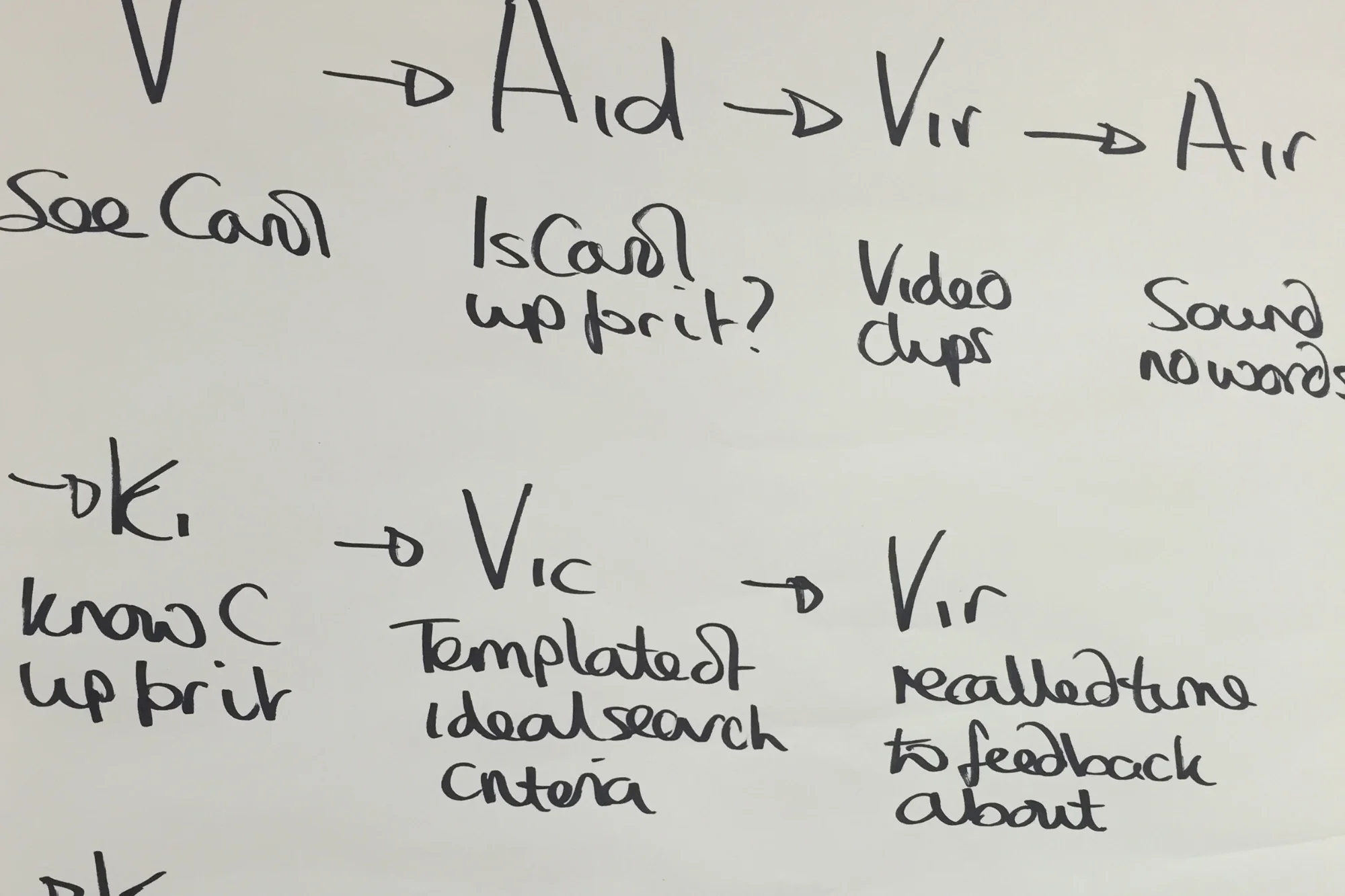
In An Instant
In an instant we can fall in love, buy a new shirt and salivate at the smell of our favourite dish. We live in a world of instant gratification, snapchat and superfast broadband speeds. We want everything now and, with interest free credit and buy-now-pay-later schemes, in many instances, we can have it now.
And yet is this really how we human beings work (best)? Is it really love at first sight? Or a compulsive urge to purchase that new shirt? Or some trigger in our nervous system that has us salivate at a smell?
What actually happens in that instant?
NLP teaches us that all of the above, in part, are true. We use our senses to determine our reality and take information in by seeing, hearing, touching, tasting and smelling (and I believe, sensing energetically). This information is then deleted, distorted and generalised according to a wide variety of “filters” such as our beliefs or our memory of pervious experiences. As a result of that filtering process we are left with our own personal internal representation of the external event (which is likely to be different from someone else’s internal representation of the same event!). This in turn affects our state (how we feel) which impacts on our physiology as well as determining our behaviour. How we behave in any situation determines the results we get!
This whole process happens in an instance, so fast that we don’t even know it has happened; we see a picture of a familiar landscape and we feel joy, we hear a particular piece of music and we feel sad, we smell a certain perfume or aftershave and we feel nostalgic. The process (or as NLP would call it, strategy) we go through in an instance has many steps and because it has been run before, like a well-worn path, it, often, happens outside of our conscious awareness. We are not consciously aware that in an instant we perhaps ask ourselves a question, recall part of a movie-like series of images, say something to ourselves, imagine what something would sound like, and have a feeling that tells us it is ok.
By understanding the strategies, we are adopting to achieve the results we are getting, we can, if we choose, re-programme or tweak our strategy to give us a different result; perhaps, in an instance, a better one!

Comments (0)